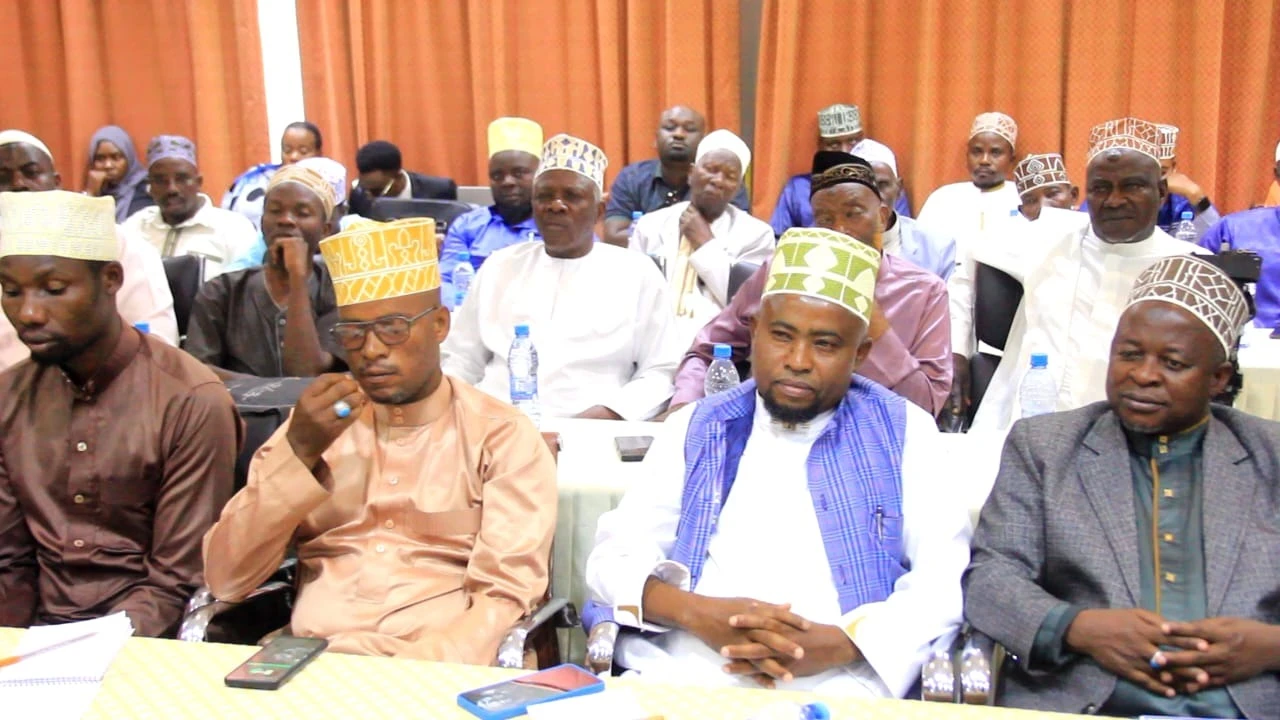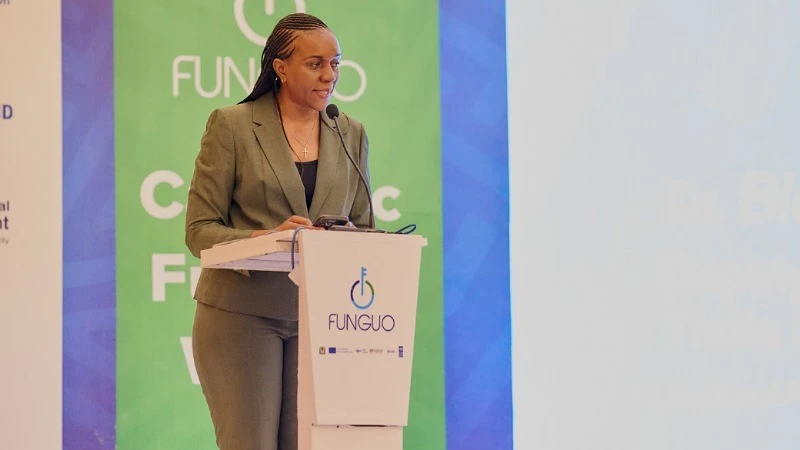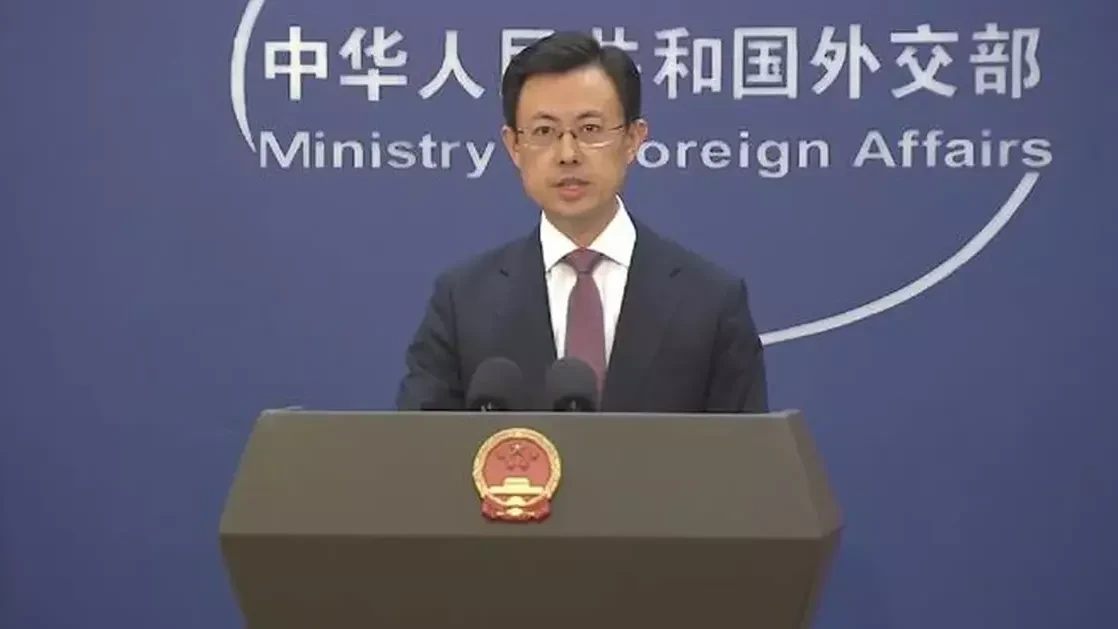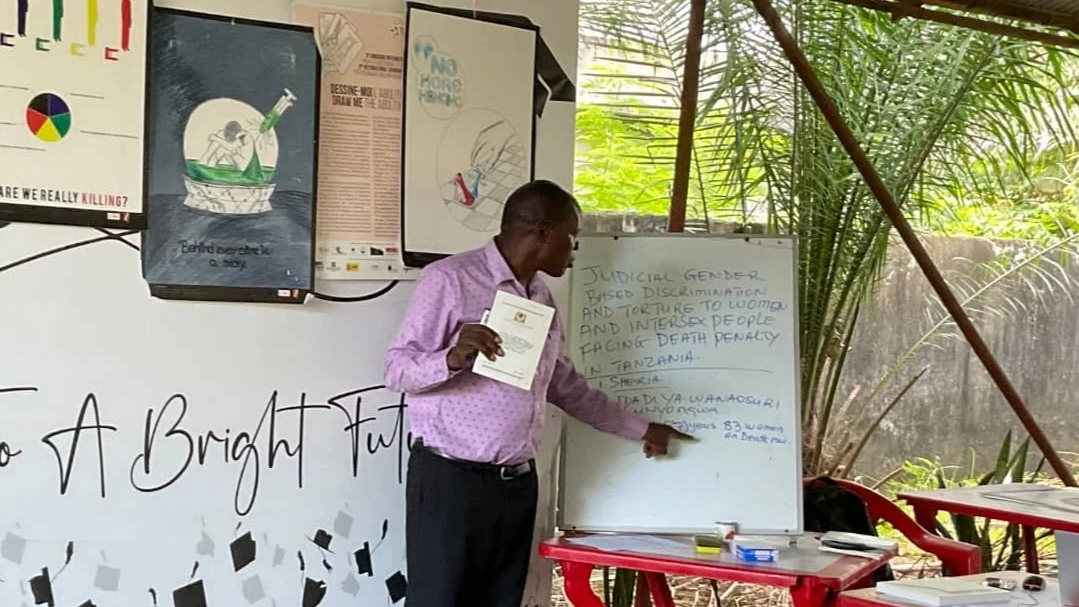Tanzania marks World Cleanup Day with a call to turn waste into wealth
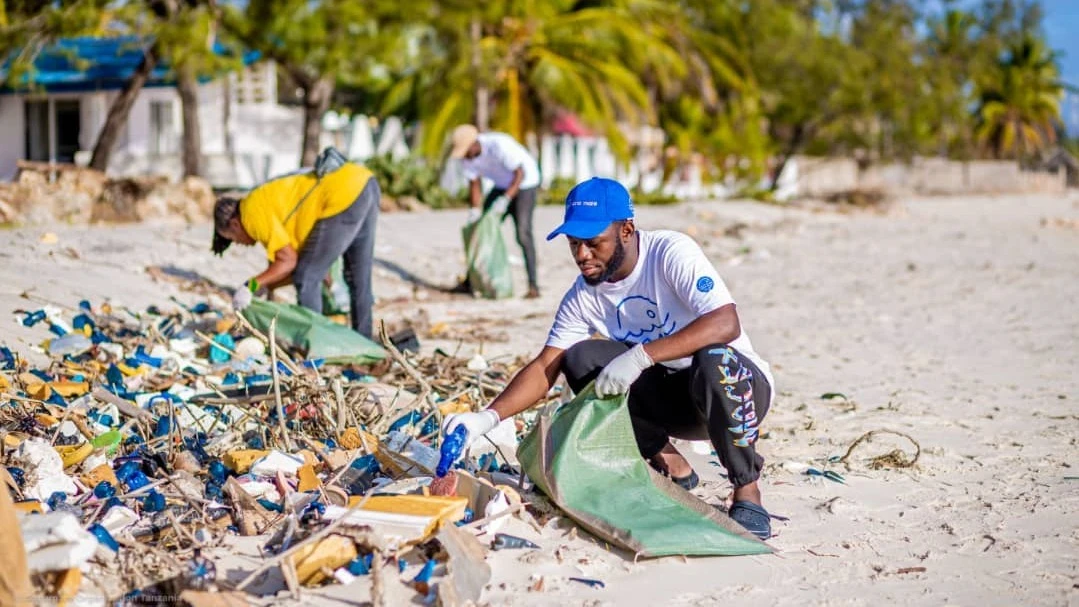
STAKEHOLDERS have been urged to seize the growing economic opportunities in the waste management sector, particularly in plastic waste recycling, as a way to generate income while protecting the environment.
Plastic waste is increasingly being recognized as a valuable resource. Many factories are now processing it into useful products—for example, plastic bottles can be transformed into synthetic cotton.
What is needed, however, is for people to sort and separate their waste at the source, making it easier for recyclers to access these materials for processing.In observance of World Cleanup Day—a global social action movement dedicated to tackling the problem of mismanaged waste and environmental pollution. Held on September 20th, it brings together millions of volunteers, governments, businesses, and civil society organizations around the world to clean up litter from streets, rivers, forests, beaches, and communities.
Celebrated in more than 190 countries, the campaign not only raises awareness about the global waste crisis but also mobilizes communities for collective cleanups and inspires long-term action on waste reduction, recycling, and sustainable practices. This year’s global theme was ‘Tackling Textile and Fashion Waste Through Circular Fashion’.
Eston Mjema, a Dar es Salaam based businessman who participated in the cleanup exercise said there is still a strong demand for manpower in the waste management sector, calling for greater participation from both individuals and businesses.
“Plastic waste is a resource. Many factories are already processing it into useful products, so there’s no reason for it to be littered on our beaches,” he told The Guardian.
The beach cleanup exercise in Dar es Salaam brought together various stakeholder, one being the Team Leader from Sanamare—an environmental conservation organization, Joshua Mkoma who revealed that the exercise led to the collection of more than 350 bags of waste weighing approximately 2,835 kilogrammes (approximately three tonnes). Plastic waste was the most common.
Held under the theme: ‘Beyond the Shoreline’, the cleanup activity brought together various institutions and 130 students from secondary schools in the Dar es Salaam Region to promote environmental conservation and ocean health, Mkoma explained.
He warned on the long-term consequences of unchecked pollution: “One alarming study shows that by 2060, ocean plastic waste could outweigh fish if current trends continue. That’s why cleanup efforts like this are so important.”
According to him, many areas such as beaches, rivers, and open spaces are often neglected because they are perceived as unowned land. He stressed the importance of raising awareness, especially among schoolchildren, for the message to spread across families and the wider community. “Early education is key to nurturing a culture of environmental responsibility,” he noted.
Mkoma highlighted the significance of the marine environment, saying, “The Ocean provide food, support livelihoods, and play a crucial ecological role. Protecting them must remain a top priority.”
Marco Doto, an environmental officer from the Nipe Fagio Environmental Sanitation Initiative, underscored the importance of establishing proper recycling centers in large cities such as Dar es Salaam, where waste volumes are especially high.
“This cleanup exercise is meant to remind the community on the importance of environmental care and the need to implement a zero-waste system. We are educating residents to separate waste at home so it can later be taken to proper recycling centers,” he added.
Doto added that a zero-waste system not only keeps the environment clean but also creates jobs and contributes to the national economy. For example, recycling organic waste into compost or converting it into chicken feed allows households to generate both environmental and economic benefits.
Mwamini Mkunda, Mbweni Ward Health Officer, warned on public health risks associated with poor sanitation: “Lack of proper sanitation can result in outbreaks of diseases such as cholera. We urge residents of Mbweni to maintain cleanliness daily, not just on designated cleanup days,” Mkunda stated.
Students, who actively participated in the beach cleanup, combined the activity with practical training on waste separation. They said the exercise was important for them to gain experience and learn more about responsible waste management.
“I have learned a lot today. It was a great opportunity to join the organization in cleaning our beaches. We also received guidance on separating waste into four categories, which will make recycling easier and more efficient,” said one student adding, “Through this programme, I discovered that waste can be a source of income. I didn’t know before that waste could be turned into cotton or chicken feed, and that people can make a lot of money through it.”
Local residents also expressed appreciation for the initiative. Lister Ngwamba, a resident of Mbweni who participated in the cleanup activity, described the exercise as an opportunity for the community to learn.
Across Dar es Salaam, residents were seen clearing debris from drainage channels, roadsides, and coastal areas, showing the importance of collective involvement in maintaining a clean environment during World Cleanup Day.
Officials stressed that community participation and proper waste management education are crucial in building a sustainable waste management culture. They emphasized that zero-waste systems not only protect public health but also open avenues for entrepreneurship and resource recovery, benefiting both households and the larger community.
As Dar es Salaam and other cities continue to grow, initiatives such as World Cleanup Day highlight the importance of combining environmental awareness, public health, and economic opportunity to create cleaner, healthier, and more resilient urban communities.
Top Headlines
© 2025 IPPMEDIA.COM. ALL RIGHTS RESERVED











